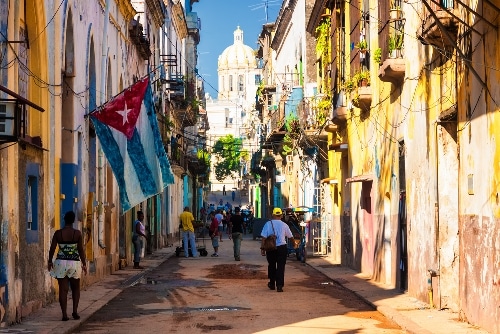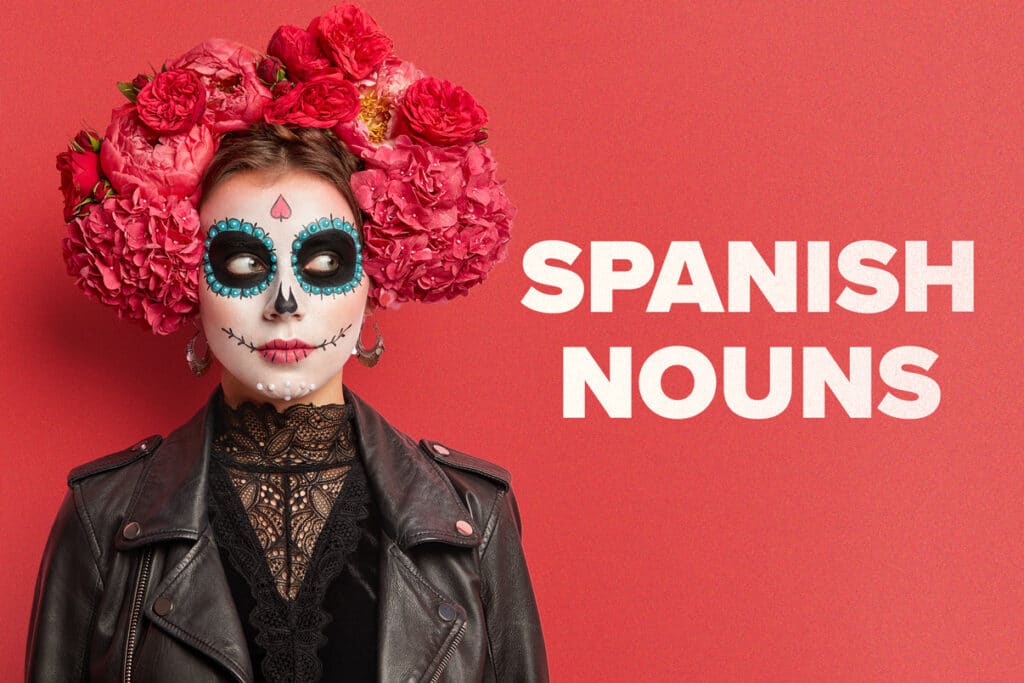Understanding Aquí vs Acá in Spanish

Aquí and acá can be pretty tricky for Spanish learners, because they both mean “here,” but there can be …

Aquí and acá can be pretty tricky for Spanish learners, because they both mean “here,” but there can be …

As a Spanish student, it can be difficult to learn the skills necessary to hold real conversations.
This post …

Reading practice is an important part of learning the Spanish language.
But you don’t want to start with something too …

If your first language is English, the simplest answer to the question “Is Spanish hard to learn?” is “not really.”…

Struggling to string the Spanish words you know into a coherent phrase?
The most likely explanation is you need to …

If you want to learn how to speak Spanish like a Cuban, you’ve come to the right place!
Cuba is …

Nouns are our guiding force when learning Spanish.
Without them, we wouldn’t be able to name the objects, places, people …